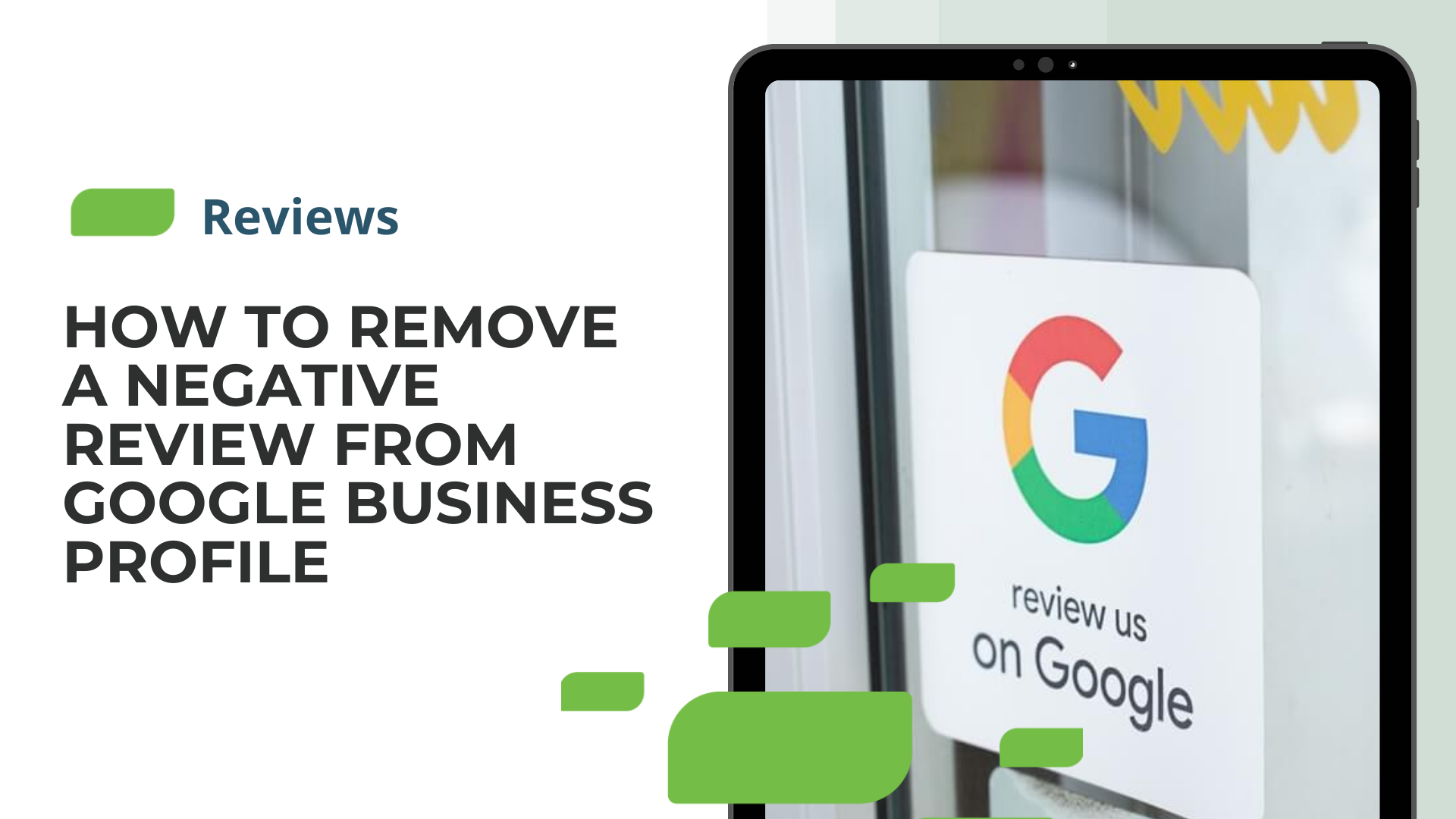First-Party Reviews

First-Party Reviews
In an era where third-party review platforms seem to hold all the cards, first-party reviews offer a way for brands to take back control over their online reputations. It is important to remember to monitor and respond to these reviews just like you for reviews that customers leave on third-party websites.
First-party reviews are hosted directly on a brand’s own website. Rather than relying on third-party review directories like Yelp, Facebook, and TripAdvisor to publish consumers’ opinions online, brands can solicit feedback for their own websites and other marketing channels.
When brands solicit first-party reviews from their customers, they retain full control over the user experience. They can highlight reviews that best promote certain products or services and choose which pages and other collateral to display those reviews on.
Publishing first-party reviews increases your local pages’ SEO presence and boosts conversions, especially when combined with Schema markup. The strategy also allows for content repurposing, which is when brands gather customer reviews and repurpose them for other marketing initiatives.
The most popular place for brands to publish the first-party reviews they collect are on location and product pages. Brands can integrate reviews onto social media channels, as well.
Since 2016, Google has been publishing “Reviews from the Web” , which pulls customer reviews from third-party websites, into the Knowledge Panels of individual businesses. Google is also sharing first-party review feeds in their searches. By implementing first-party reviews into their branded local pages, brands have the ability to reinforce brand authority within Google search results.
Keep in mind that according to Google, brands should not prevent negative reviews from appearing in any list of reviews they publish on their local landing pages. Instead of trying to suppress negative reviews, brands should consider highlighting the most useful reviews elsewhere in their marketing. Brands should also avoid “review gating,” which is the practice of screening customers to determine who is most likely to write a positive review and only soliciting those customers to do so.
Companies like SOCi can help brands to implement and manage a first-party review strategy.




